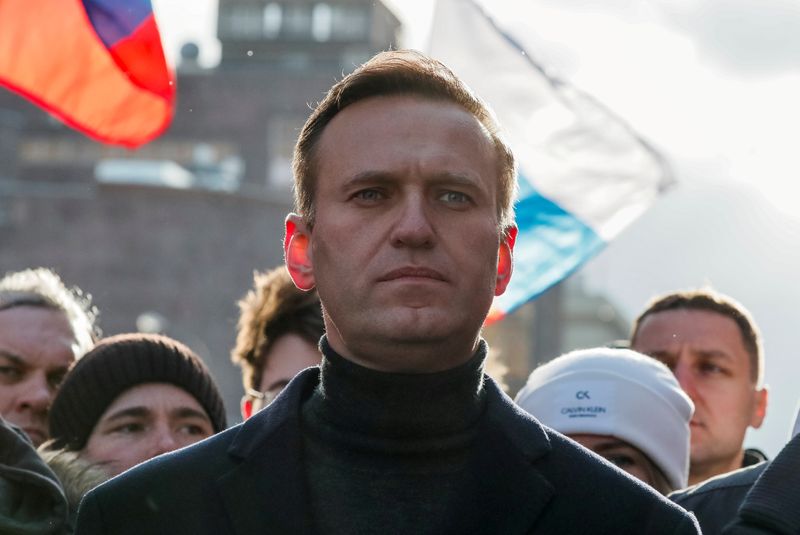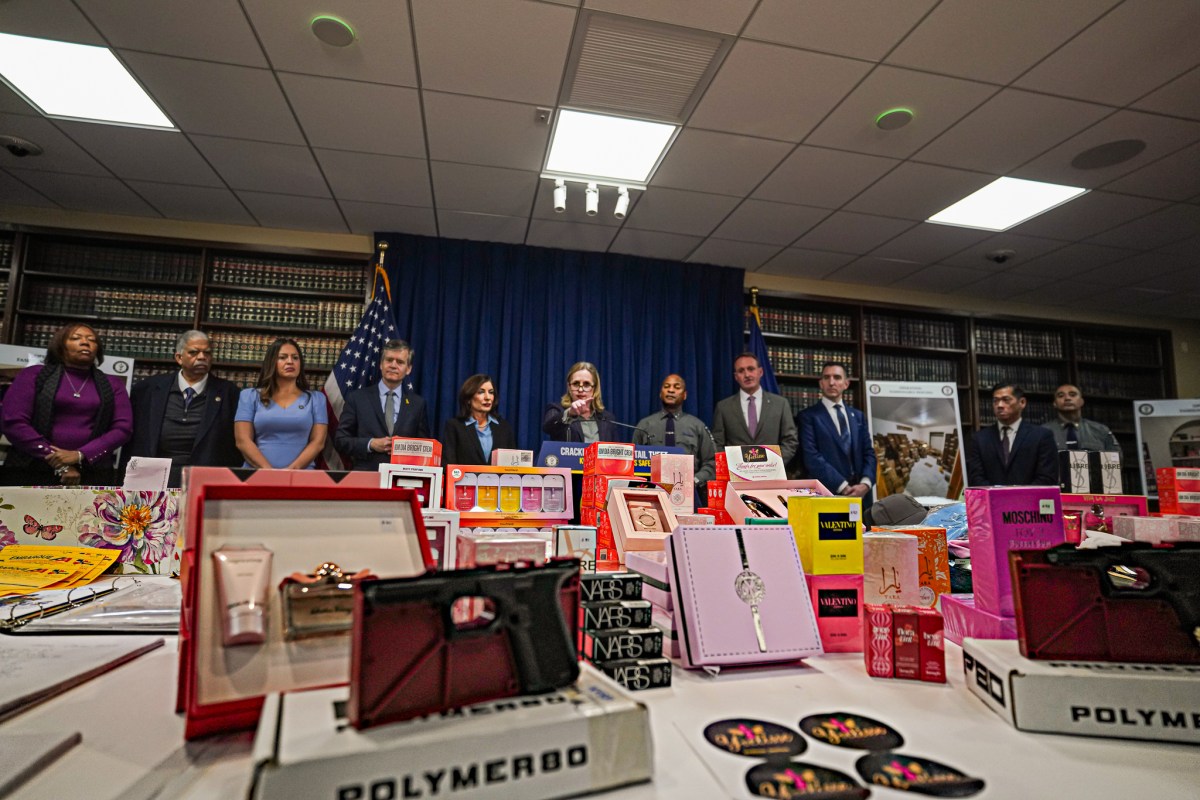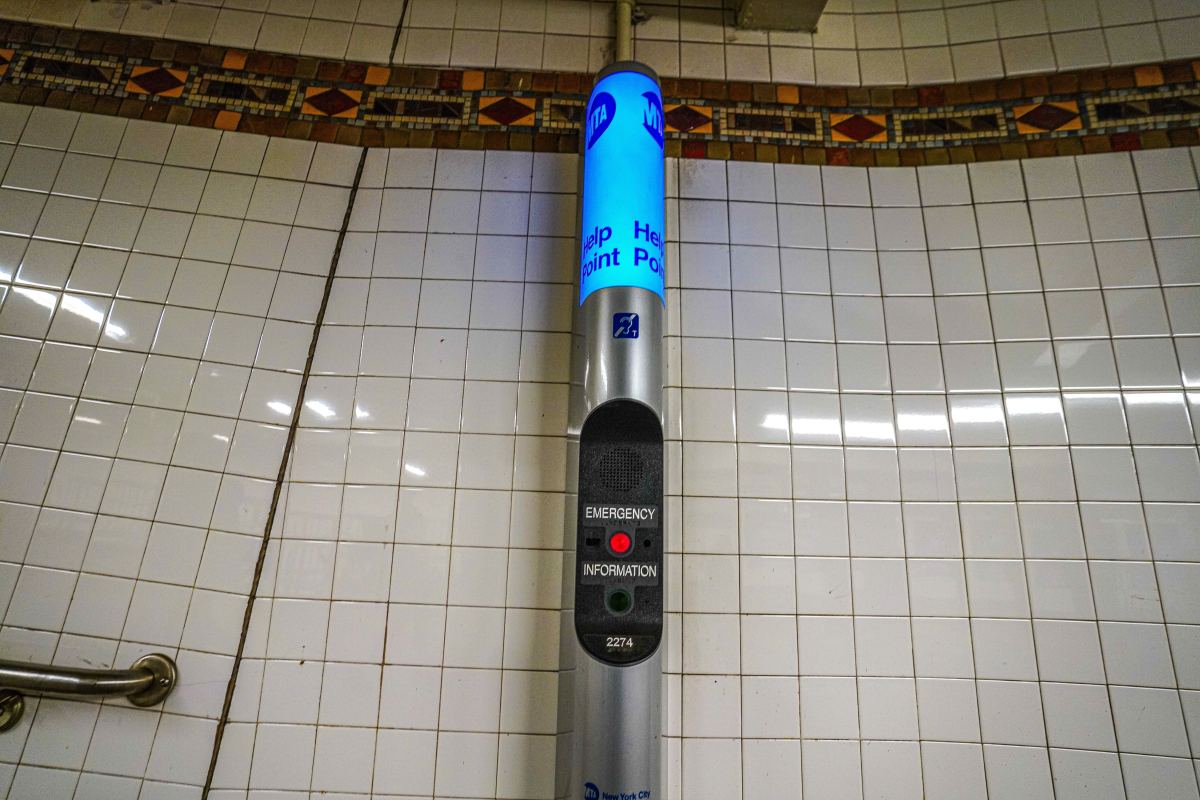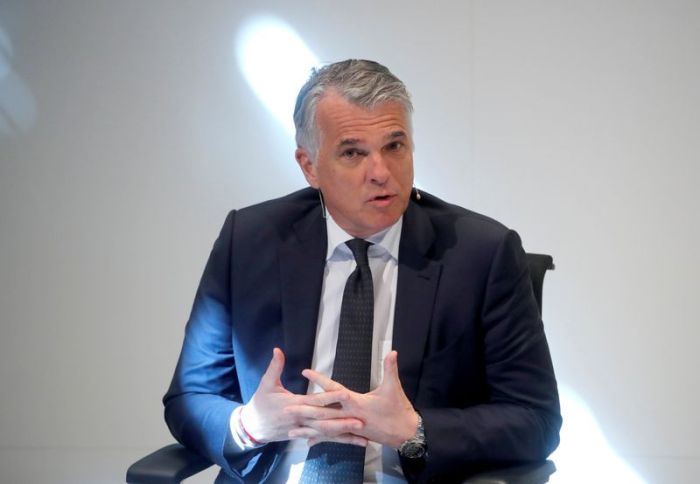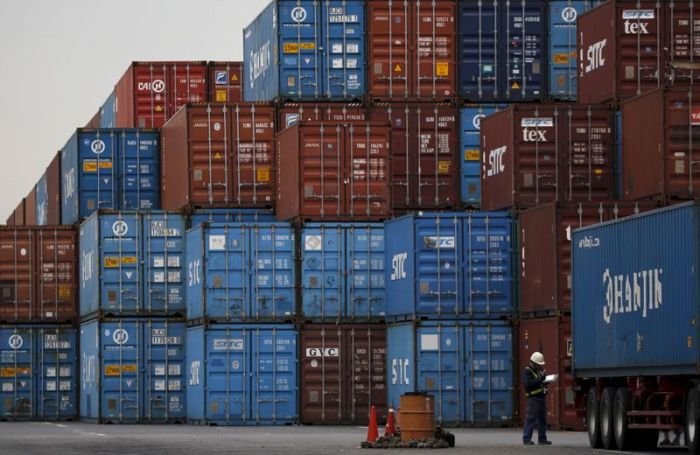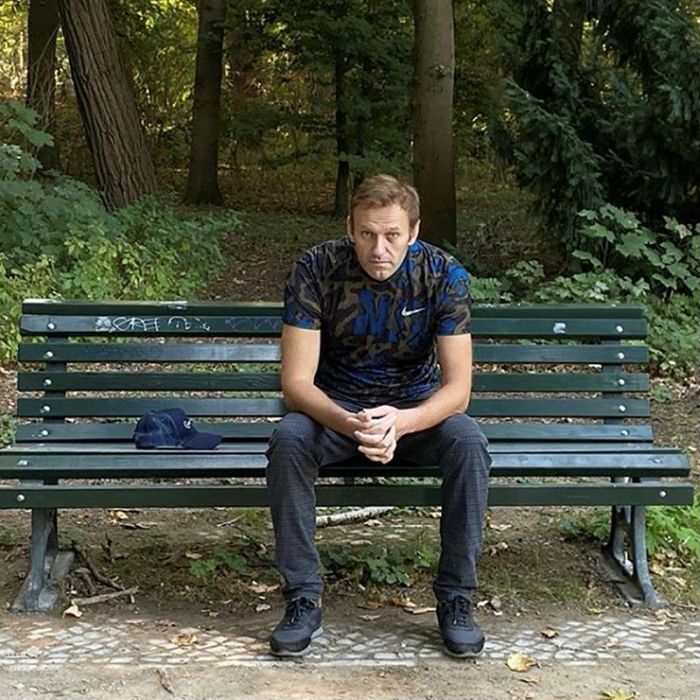MOSCOW (Reuters) – Russian opposition politician Alexei Navalny’s bank accounts were frozen and his Moscow apartment seized as part of a lawsuit while he was recovering from a suspected poisoning in a Berlin hospital, his spokeswoman said on Thursday.
His assets were seized on Aug. 27 in connection with a lawsuit filed by the Moscow Schoolchild catering company, spokeswoman Kira Yarmysh said in a video posted on Twitter. The politician and his allies have been involved in a long-running dispute with the company.
“This means the flat cannot be sold, donated or mortgaged,” Yarmysh said.
Navalny was flown from Russia to Berlin last month after falling ill on a domestic flight in Siberia. Tests in Germany, France and Sweden found he was poisoned with a nerve agent.
The West has demanded an explanation from the Kremlin, which has denied any involvement in the incident and said it has yet to see evidence of a crime.
In the dispute with Moscow Schoolchild, a Russian court in October 2019 ordered Navalny, his Anti-Corruption Foundation (FBK) and ally Lyubov Sobol to pay $1.4 million in damages for libelling the company and causing it moral damage.
The court told his group to delete a video in which they had called into question the quality of its food.
Yarmysh said on Thursday that the court had decided to recover 88 million roubles ($1.14 million) from Navalny, Sobol and the FBK.
“This is the amount it estimates in lost profit for Moscow Schoolchild because of losing a contract to provide food.”
The court could not be reached for comment. Reuters called nine listed telephone numbers for Moscow Schoolchild and got through only once, to a woman who identified herself as an accountant but hung up when told she was speaking to a journalist.
Navalny and his allies have long been a thorn in the side of President Vladimir Putin, organising large protests in Moscow in 2019 and regularly producing videos accusing prominent political figures of corruption.
His supporters say lawsuits and police raids targeting Navalny and his foundation are part of a coordinated campaign to cripple their activities. Russian authorities deny those charges.
(Reporting by Gabrielle Tétrault-Farber, Alexander Marrow, Anton Zverev and Maria Tsvetkova; Writing by Alexander Marrow; Editing by Alex Richardson and Angus MacSwan)

